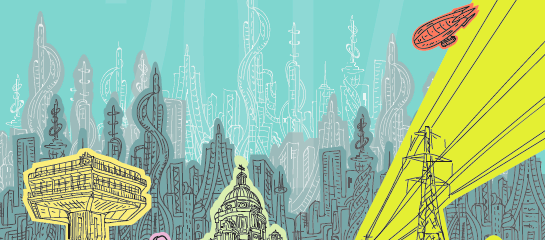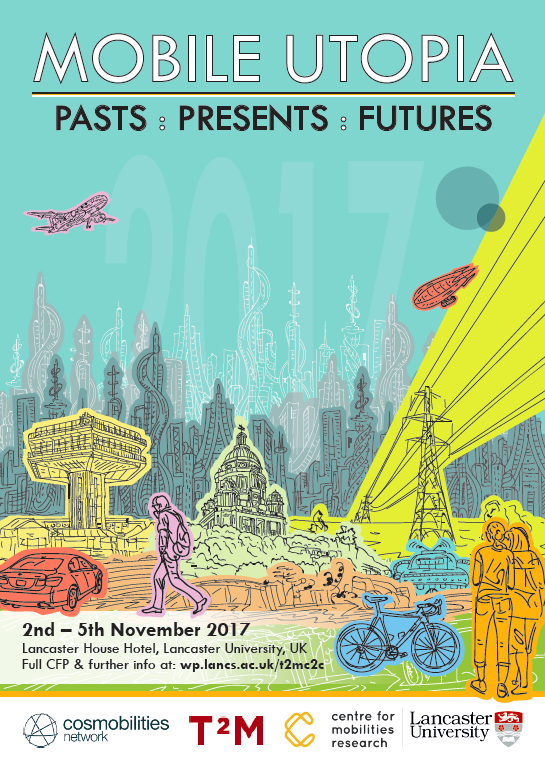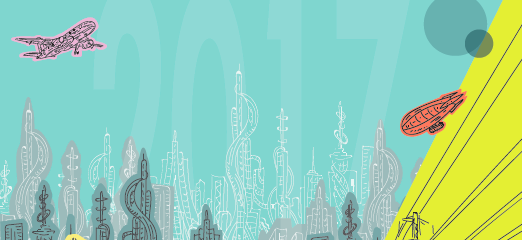Mobile Utopia: Pasts, Presents, Futures
For information and registration go to the conference website: http://wp.lancs.ac.uk/t2mc2c/
Go to this article to read more about the Call for Papers, Artworks, Poster – OBS Deadline April 15th
Mobile Utopia: Pasts, Presents, Futures
This joint Cemore + T2M + Cosmobilities conference will bring together historians, researchers, artists, policy-makers, designers, and innovators to explore Mobile Utopia: pasts, presents, futures. The Centre for Mobilities Research (Cemore) at Lancaster University, the International Association for the History of Transport, Traffic and Mobility (T2M) and the Cosmobilities Network have joined together to invite contributions across the spectrum of mobile utopian themes.
Recognising the global uncertainties of the Anthropocene, we invite reflections on utopia (and dystopia) that explore how societies shape, and have been shaped by, complex im|mobilities, from microbial to big data mobilities, from horse-drawn carriages to driverless cars, from migration to planetary jet streams.
We invite proposals deploying utopia as a heuristic and creative methodology – rather than as a narrative closed system – which challenges our assumptions about what has been possible in the past and what will be possible and preferable in the future. We welcome reflections from any city, country or place, in relation to any theme, scale, or period in history. In addition, proposals may address any aspect of the history, and social, cultural, economic, technological, ecological and political aspects of the diverse dimensions of im|mobility. Proposals are encouraged to use a range of formats, academic, creative and otherwise, as outlined in the call for papers.
We welcome contributions from any academic perspective or discipline, as well as contributions by artists, professionals, policy makers and practitioners. Recent entrants to the research field and doctoral students are especially welcome, with reduced rates and travel bursaries available in some cases.
We look forward to welcoming you at the Centre for Mobilities Research at Lancaster University.
The Programme Committee
Chairs: Monika Buscher, Carlos López Galviz
Malene Freudendal-Pedersen
Julia Hildebrand
Sven Kesselring
Mimi Sheller
Jen Southern




